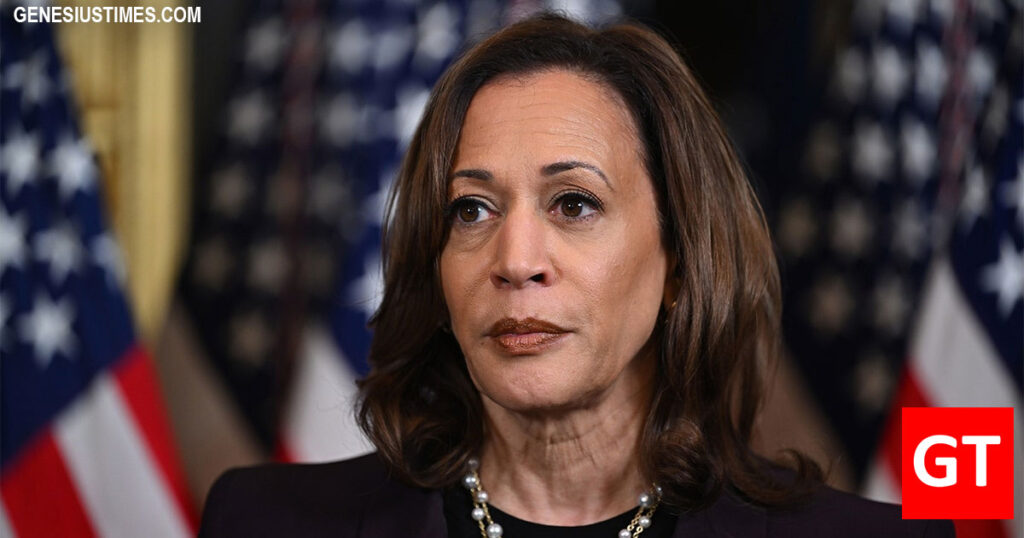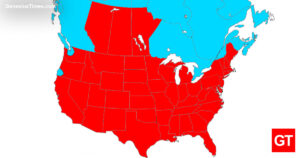Kamala Harris unsure how to pay off campaign debt but certain about how to run the US economy

Washington D.C. – In the wake of a challenging presidential campaign, Vice President Kamala Harris finds herself grappling with a significant financial issue: a campaign debt reportedly hovering around $20 million. Despite this financial conundrum, Harris remains steadfast in her conviction about managing the U.S. economy, presenting a contrast between her personal campaign finances and her vision for the nation’s economic future.
The campaign, which raised over $1 billion, has now ended with significant debts according to multiple sources, including financial disclosures and comments from insiders. “We are looking into all possible avenues to manage this debt effectively,” Harris stated in a recent interview, without providing specifics on how the campaign plans to settle these obligations. The debt has been attributed to a variety of factors, from high-profile celebrity endorsements and lavish campaign events to aggressive advertising strategies that did not yield the expected electoral results.
Critics have been quick to point out the irony of Harris’s situation, given the campaign’s unprecedented fundraising success. “It’s a stark reminder of how money can be spent in politics,” remarked political analyst John Morgan, who has criticized the campaign’s financial management. The campaign’s spending came under scrutiny for expenditures like private jet travel, celebrity concerts, and significant investments in digital and traditional media ads, which some argue did not connect with voters as anticipated.
Despite these financial troubles, Harris is vocal about her approach to national economic policy, expressing confidence that her administration’s strategies are the right path forward. “We have seen significant growth under our administration, with job creation, inflation control, and economic recovery from the global health crisis,” Harris claimed, pointing to the Biden-Harris economic policies that have included infrastructure investment, climate action, and initiatives aimed at reducing income inequality.
Harris’s economic plan includes enhancing the middle class through tax policies that target higher-income brackets and corporations, expanding child tax credits, and investing in green energy. “Our economic vision is about creating opportunities, ensuring fairness, and securing a sustainable future,” she stated during a recent economic policy forum.
However, her critics argue that managing a national economy is vastly different from handling campaign finances. “The scale, complexity, and the variety of stakeholders in national economic policy dwarf what’s needed to manage campaign debt,” said economist Brian Wheaton, highlighting the disconnect between campaign spending and national economic strategy.
As Harris navigates the complexities of her campaign’s financial aftermath, the broader question for many is how her approach to this personal fiscal challenge might reflect on her economic leadership. With the national debt ceiling discussions looming and debates over fiscal responsibility at the forefront, Harris’s handling of her campaign debt could serve as a microcosm for her broader economic policies.
The situation is further complicated by political rivals and financial analysts watching closely. “This could be a learning point for her,” noted political commentator Ana Kasparian, suggesting that the public and political figures alike will be observing how Harris addresses this issue, potentially influencing her political future and the Democratic Party’s economic narrative.
As the story unfolds, Harris’s confidence in economic management remains unshaken, but the resolution of her campaign’s financial responsibilities will undoubtedly be a test of her leadership and strategic acumen.
![]()




